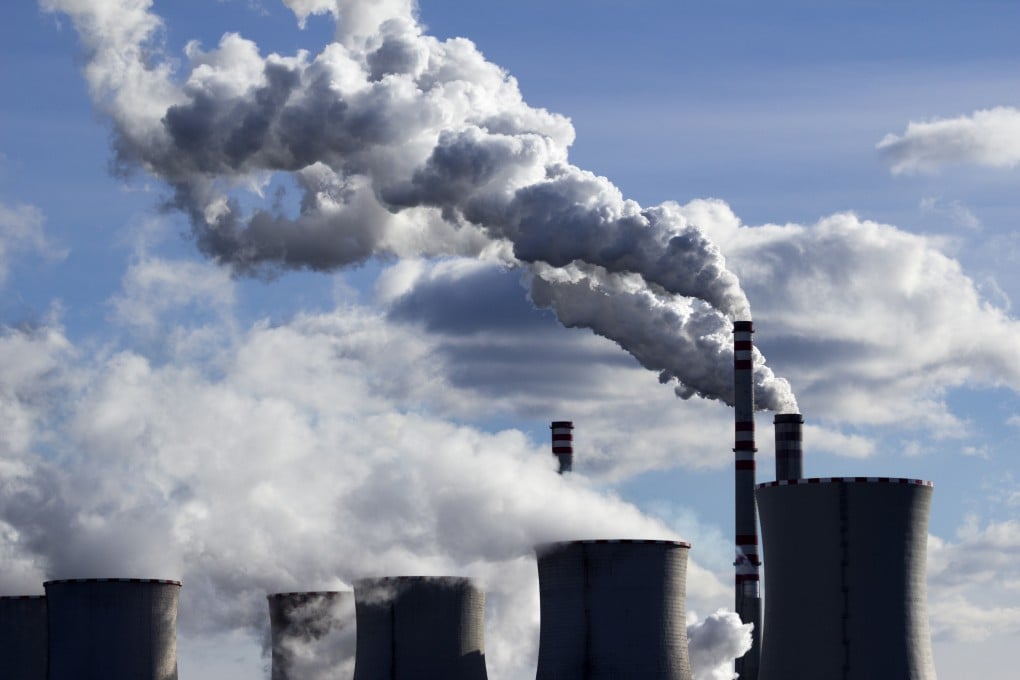Climate change: Asia-Pacific needs to spend US$71 trillion to rise to UN’s call for faster decarbonisation, study finds
- This level of investment would boost the region’s economic output by up to 6.3 per cent, Asia Society Policy Institute says
- However, households would feel poorer due to higher prices and taxes, according to the think tank’s modelling

Asia-Pacific, a region highly exposed to costly climate change-related events, needs to invest US$71 trillion to achieve net zero emissions by mid-century if it aims to heed the United Nations’ recent call for faster decarbonisation, according to a study.
This level of climate commitment would boost the region’s economic output by up to 6.3 per cent above predicted levels by the 2030s, New York-based international relations think tank Asia Society Policy Institute said in a study released on Wednesday.
The clean-energy projects necessary to deliver carbon neutrality by 2050 could also create up to 36.5 million jobs by the 2030s, while reducing household energy bills by US$270 billion and improving the region’s trade balance by US$827 billion by reducing fossil-fuel imports.
However, the average household would feel poorer as a result of higher consumer prices due to carbon-emission levies and higher taxes to fund decarbonisation, the report’s authors said. The research was spearheaded last year by the High-level Policy Commission on Getting Asia to Net Zero.
“Asia-Pacific households are on average worse off as a result of the transition, faced with higher [product and service] prices and higher taxes to help finance additional investments,” they wrote.
